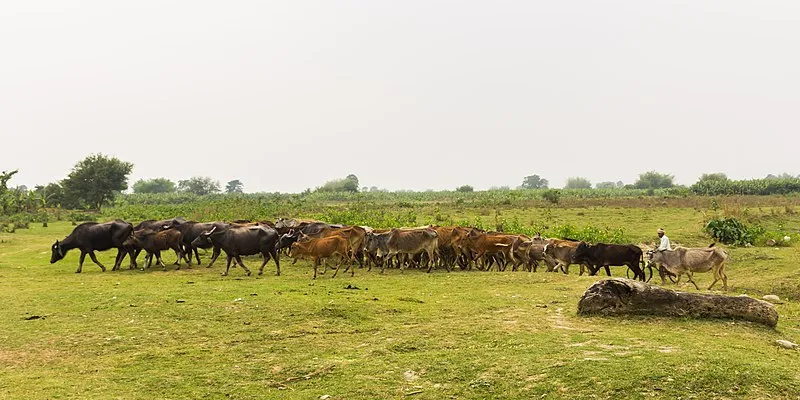

Participants have laid emphasis on the need of conserving forest and wildlife at bordering areas.
At an interaction of forest officers of Nepal-India bordering districts organised at Dhangadhi on Monday, they stressed that mutual collaboration was necessary to reduce human-wildlife conflict.
Human-wildlife conflict has been found increased in recent period due to increase in movement of wildlife at forest areas including Dudhwa National Park, India, and Mohana corridor of Kailali.
Few months ago, two Nepalis were killed in tiger attack on Kanchanpur district while an Indian national at Dudhwa National Park. A team of forest office brought the man-eater tiger that attacked and killed a woman when she was collecting fodder at Belauri of Kanchanpur, under control and sent to the Central Zoo, Jawalakhel.
Chief of Division Forest Office, Kanchanpur, Sambhu Tiwari, said an understanding has been reached between the forest officers of both countries to move ahead making a concrete action plan to reduce growing human-wildlife conflict at bordering areas.
Yadav mentioned that problem has increased after wildlife started entering rural areas in lack of their habitat following the encroachment.
Assistant Director of Dudhwa Tiger Reserve, India, Director of Sudurpaschim Province Forest Directorate, Krishna Bhatta, Forest Officer of Division Forest Office, Kanchanpur, Tiwari, Forest officer of Division Forest Office, Kailali, Keshav Parajuli, and office bearers of Federation of Community Forest Users, among others had participated in the interaction.
—